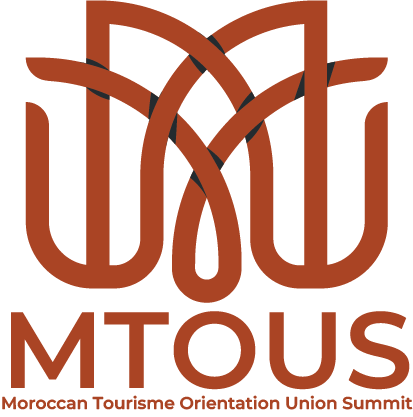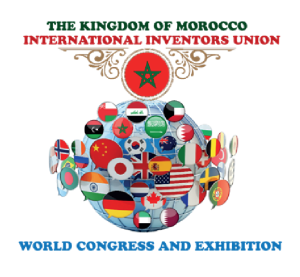MTOUS
FOR CREATORS
intellectual property and Tourism
Do you own a hotel or restaurant or run a car rental company or travel agency? Do you work for a museum, organize cultural festivals or supply services and goods for tourists? If you are involved in the tourism sector in any way, then IP rights may be helpful for:
- Creating a distinctive
- identity in the market
- Protecting your competitive advantage
- Promoting national culture and heritage
- Adding a revenue stream that would otherwise have not been possible
Projects on intellectual property and tourism
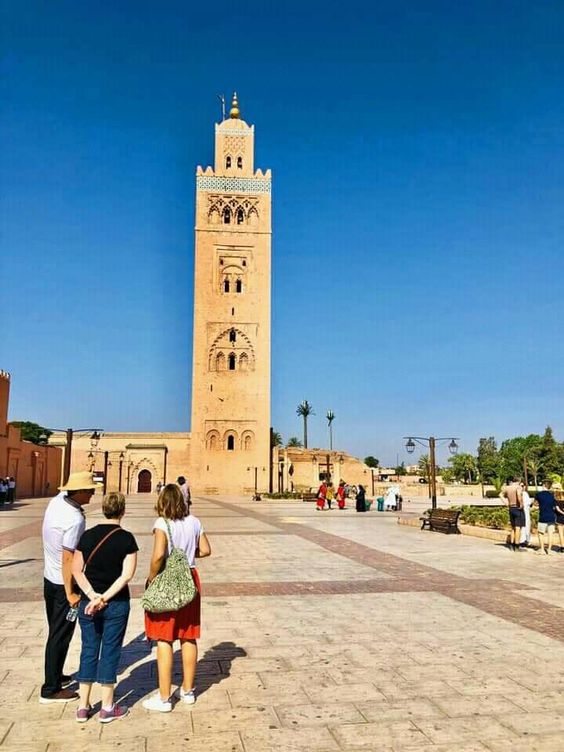
A report published jointly by WIPO and the World Tourism Organization (UNWTO) shows how the IP system creates a favorable ecosystem for innovation, entrepreneurship and investment in the sector.
Creating a distinctive identity
Creating a distinctive presence in the market is not only of interest to individual businesses. Cities, regions and even countries may rely on the IP system to create a unique identity.
Brands
“Destination branding” is an example of efforts by cities or regions to create a distinctive appeal that will resonate amongst visitors and they have done so by relying on a whether by virtue of a registered logo or tagline.
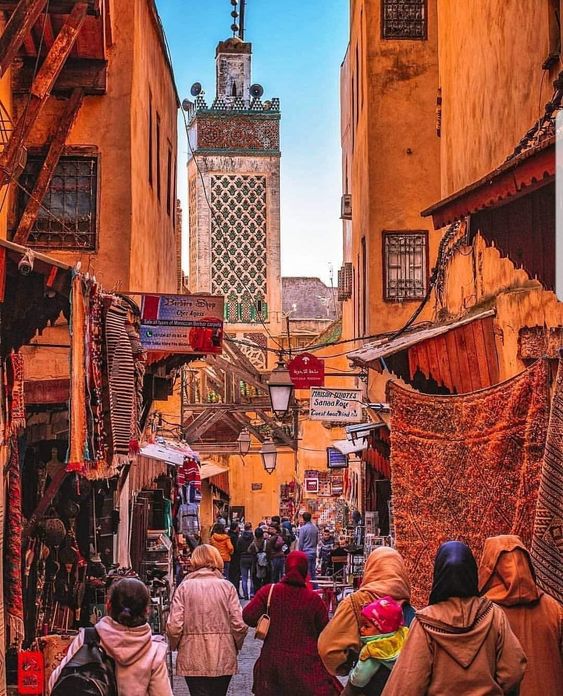
The project on IP and gastronomic tourism aims to promote the use of intellectual property in culinary traditions (food and beverages) for application in the tourism sector.
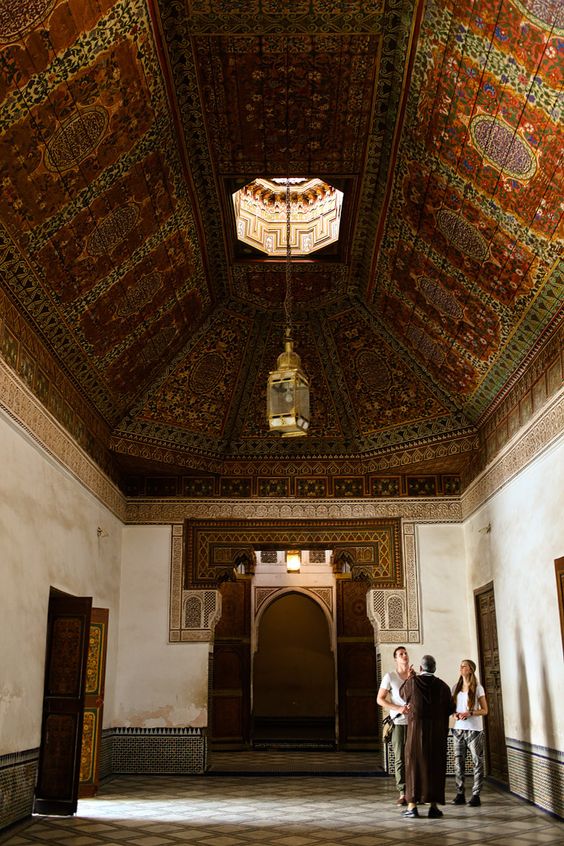
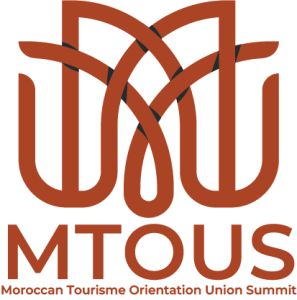


Head testing
Lorem ipsum dolor sit amet, consectetur adipiscing elit. Ut elit tellus, luctus nec ullamcorper mattis, pulvinar dapibus leo.
Head testing
Lorem ipsum dolor sit amet, consectetur adipiscing elit. Ut elit tellus, luctus nec ullamcorper mattis, pulvinar dapibus leo.
Head testing
Lorem ipsum dolor sit amet, consectetur adipiscing elit. Ut elit tellus, luctus nec ullamcorper mattis, pulvinar dapibus leo.
Creating additional revenue streams
IP rights can be commercialized, which makes them particularly relevant to the tourism sector. They can be incorporated into the promotional or marketing strategy of any goods, services, activities, products or destinations.
For instance, a logo created and protected by a tourism destination is an IP right that is unique to that destination. The logo can be exclusively used by its owner in a promotional video campaign or it can be traded through a licensing agreement with third parties. These third parties might then use it for promotional giftware and souvenirs, such as cups and T-shirts, generating revenue for the tourism destination.
Licensing, franchising and merchandising in the tourism sector
The IP rights owner may, apart from using them to create brand recognition or protect competitive advantage, use these rights to create additional revenue streams by giving third parties the permission to use these rights against a fee. The licensing, franchising and merchandising are at the core of a substantial and growing practice in the tourism sector.
For instance, the trademark “St. Moritz – Top of the world” has been widely licensed to businesses, ensuring a steady and additional revenue stream to the St. Moritz tourism board. One of the licensees is “Fashion Box”, a clothing company, which carries St. Moritz as one of its brand labels for its clothing.
Hotels and restaurants are often franchised businesses. A leading name in the hotel industry, Hilton, is a franchised business. In other words, the Hilton in a particular location is owned by an independent entity who is entitled to use the trademark Hilton and all other relevant IP assets as well as the whole business model of running that hotel.
Most souvenirs that are available for purchase by tourists, whether it is models of the Eiffel tower, t-shirts with a particular slogan that is a registered trademark or mugs bearing Maori designs, have been produced under the merchandising scheme.
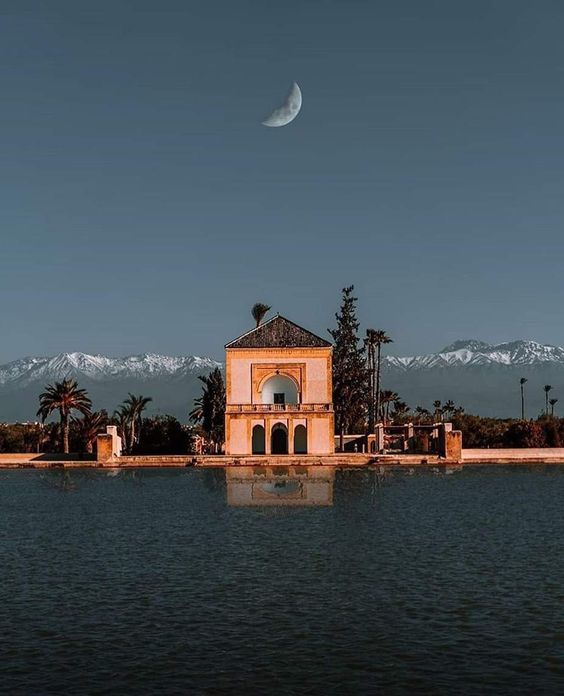
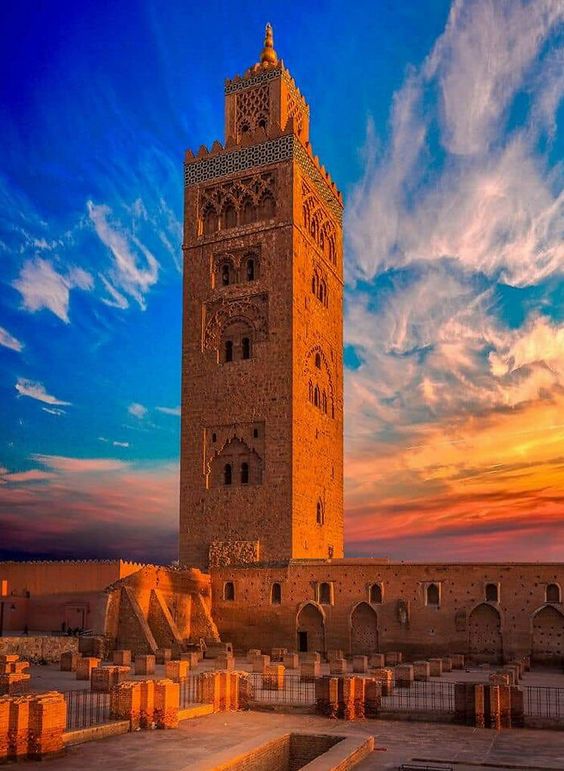
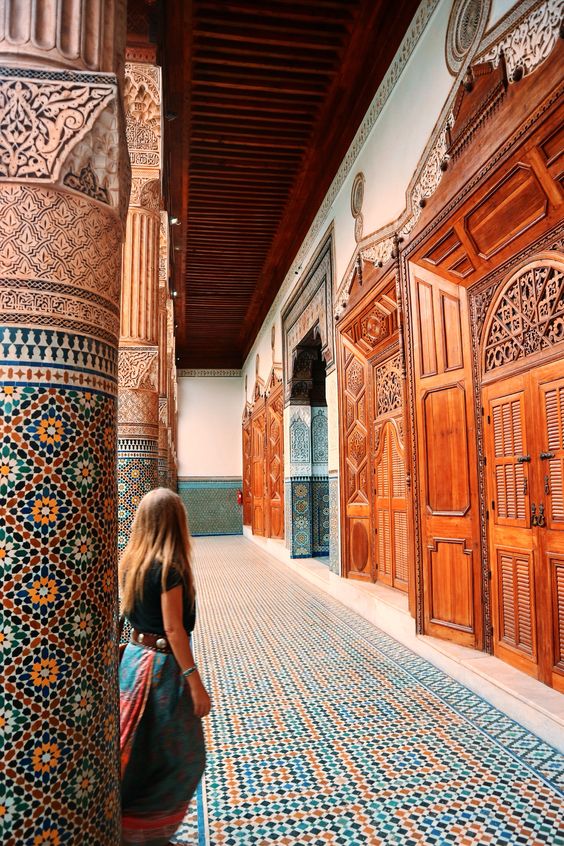
“Sponsor
You can become a sponsor if you are a legal entity or a natural person who wishes to support activities through financial or in-kind contributions.
“Sponsor
You can become a sponsor if you are a legal entity or a natural person who wishes to support activities through financial or in-kind contributions.
